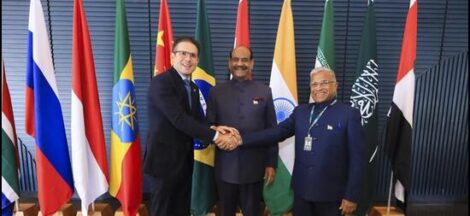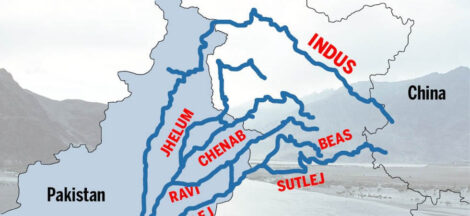The government has firmly rejected demands for a special parliamentary session to debate Operation Sindoor, citing the imminent commencement of the regular Monsoon Session in July. Officials maintain that convening a separate meeting would be redundant as the scheduled session will provide adequate opportunity for lawmakers to address the matter comprehensively.
Operation Sindoor has emerged as a contentious issue within political circles, drawing sharp criticism from opposition parties who argue for immediate parliamentary scrutiny. They contend that the gravity of the matter warrants urgent discussion beyond the routine legislative calendar. However, government sources emphasize that the ongoing parliamentary procedures remain the appropriate forum for deliberation, underscoring the principle of legislative efficiency.
Opposition leaders have pressed for the special session in light of allegations connected to the operation, which reportedly involved significant administrative actions and security measures. The operation’s details have triggered debate over transparency and governance, with critics accusing the ruling establishment of withholding vital information from the public and parliamentary committees.
While the government resists the call for an extraordinary meeting, it signals readiness to address questions and concerns within the framework of the upcoming Monsoon Session. Senior officials stress that parliamentary democracy operates within predefined schedules to maintain order and avoid unnecessary disruptions. The regular session, expected to last several weeks, will feature discussions on diverse issues, including Operation Sindoor.
Analysts note that the government’s stance reflects a broader strategy to manage sensitive matters through institutional channels rather than ad hoc interventions. This approach is designed to reinforce the authority of established parliamentary processes and mitigate the risk of political escalation. Nevertheless, opposition voices remain persistent, indicating that the debate over the necessity and timing of the session is likely to persist as the Monsoon Session approaches.
The government’s position also aligns with administrative considerations, such as resource allocation and legislative priorities. Convening a special session demands logistical planning and financial expenditure, factors that officials argue must be justified by exceptional circumstances. Given that the Monsoon Session will soon provide a platform for comprehensive examination, these criteria are deemed unmet.
Political observers highlight that the refusal to call a special session is not without precedent. Parliamentary tradition in the country emphasises the significance of scheduled sittings to maintain continuity and predictability in governance. Special sessions have been convened in the past only under extraordinary conditions, such as national emergencies or critical legislative deadlines.
Meanwhile, members of the opposition continue to mobilise support for their demand, leveraging public forums and media platforms to amplify their call. They argue that postponing debate until the Monsoon Session could undermine parliamentary accountability and delay transparency on issues of national interest. Some opposition parliamentarians suggest that a special session would also allow focused discussion without the distraction of other legislative business.
The debate over Operation Sindoor and the associated call for a special session underscores ongoing tensions between the government and opposition regarding parliamentary procedure and executive accountability. Both camps acknowledge the importance of maintaining democratic norms, yet differ sharply on how these norms should be exercised in response to political controversies.
As the Monsoon Session draws nearer, expectations are high for intense parliamentary engagement on multiple fronts. Lawmakers will be under pressure to balance procedural discipline with the demand for open scrutiny of government actions. The handling of Operation Sindoor is anticipated to be a litmus test for the ruling administration’s commitment to transparency amid a charged political environment.




